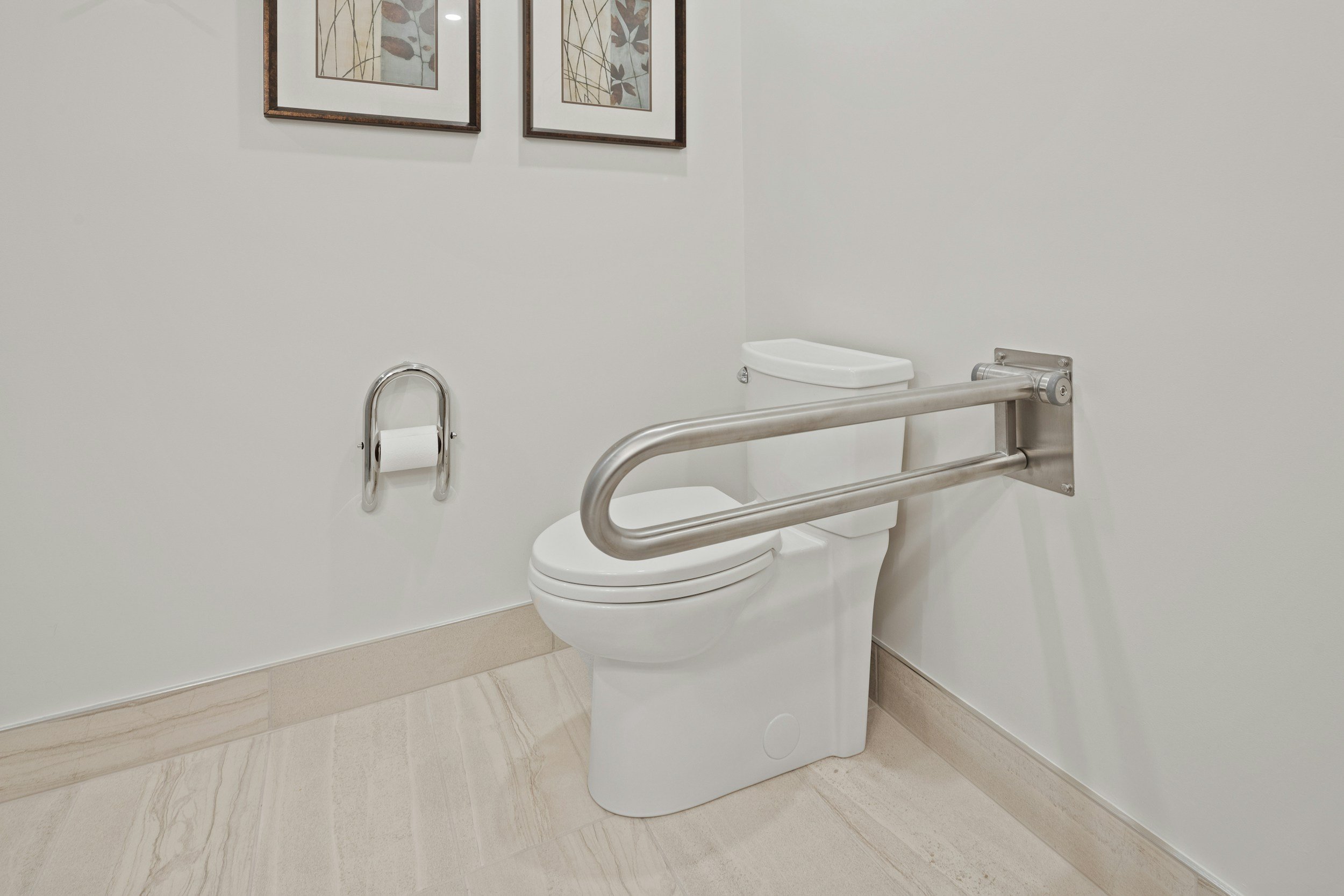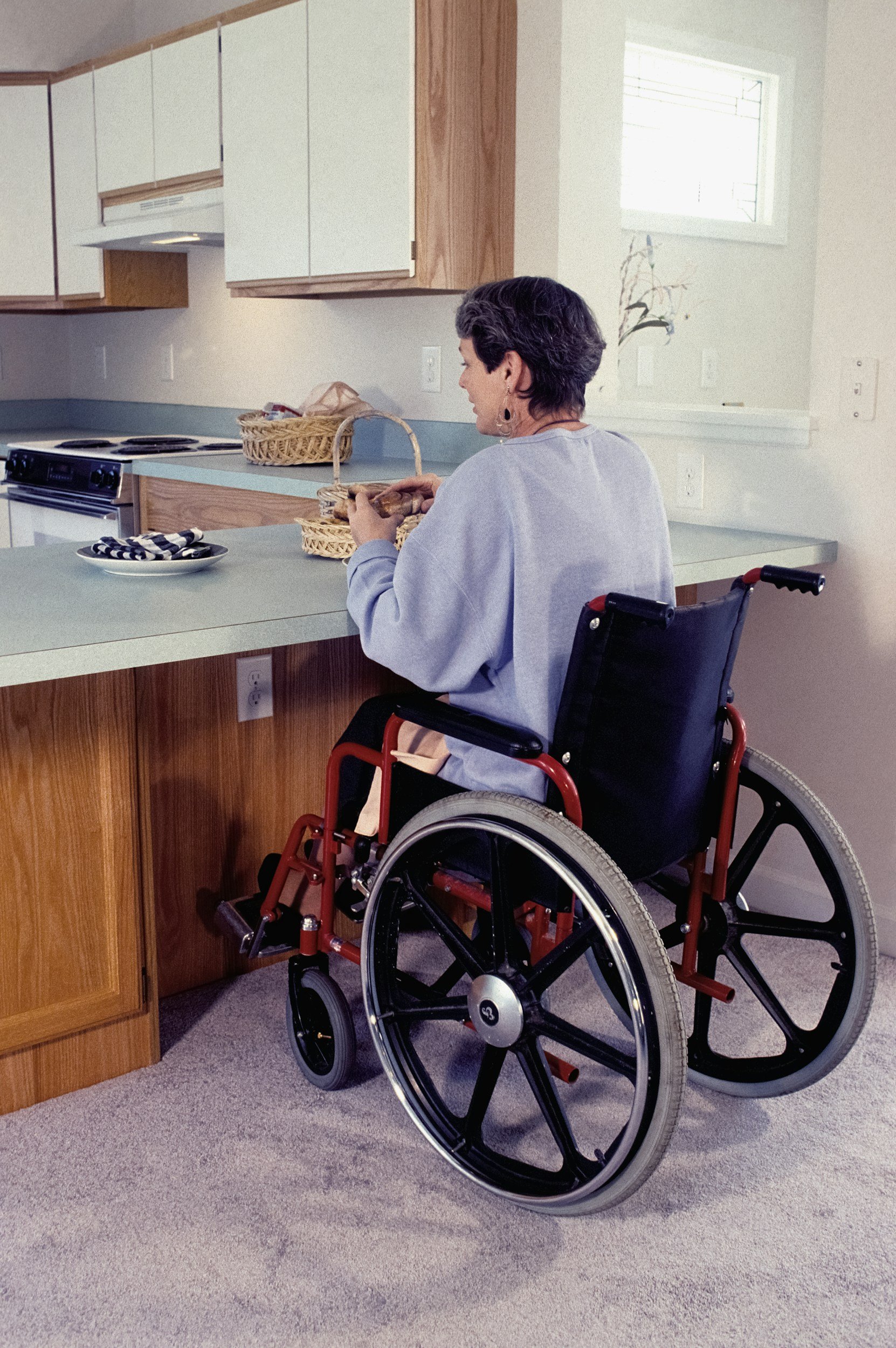
10 Small Home Modifications That Make a Big Difference
When people think of “home modifications,” they often picture major construction projects or expensive renovations. But the truth is, small changes can have a big impact — especially for people living with disabilities, mobility challenges, or aging at home.

5 Everyday Tasks Made Easier with the Right Assistive Devices
Living independently doesn’t mean doing everything the hard way — it means using smart solutions to make daily life safer, easier, and more empowering.
For people with limited mobility, chronic illness, or recovering from surgery, everyday tasks like getting dressed or preparing a meal can be surprisingly difficult. But with the right assistive devices, these routines don’t have to feel like obstacles.

How You Can Support Parkinson’s Awareness Month
1. Start Conversations
Talking about Parkinson’s helps reduce stigma and promotes earlier diagnosis and support. Share educational posts, personal stories, or helpful resources on social media using hashtags like:

What Occupational Therapists Wish Everyone Knew About Dressing Aids
When it comes to getting dressed, most of us take the ability to bend, balance, and move freely for granted. But for millions of people recovering from surgery, living with a disability, or aging with limited mobility, getting dressed can feel like an Olympic event.

How to Get Through a Hip Replacement — and Stay Independent During Recovery
Undergoing a hip replacement is one of the most common orthopedic surgeries in the world — and one of the most effective for reducing pain and improving mobility.
But while the outcome is often life-changing, the recovery process can be physically and emotionally challenging, especially in the first few weeks after surgery. Simple tasks like standing, walking, or getting dressed suddenly require careful planning and a lot of patience.
At On My Own Solutions, we’re here to help people recover safely, maintain their dignity, and regain independence — one thoughtful tool at a time.

7 Practical and Compassionate Tips for Caregivers Supporting Someone Losing Mobility
Watching someone you love lose their mobility — whether gradually or suddenly — can be one of the most emotionally complex roles a caregiver takes on. You want to help, but not hover. Support, but not take over. Keep them safe, but still let them feel independent.
At OnMyOwn Solutions, we work closely with caregivers, occupational therapists, and individuals adapting to mobility changes. We know firsthand: the caregiver’s role is essential, and often underestimated.
